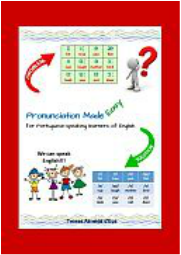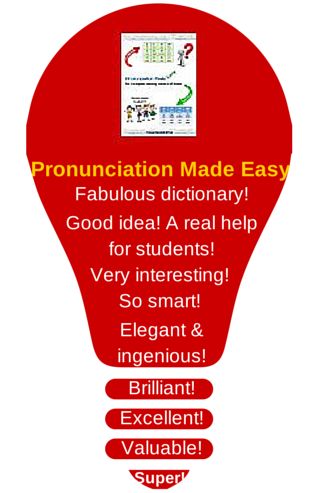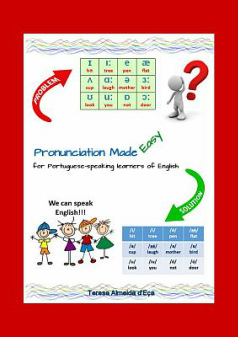
The presentation will be about my e-dictionary.
Here's a part of the abstract:
"Pronunciation Made Easy, an e-dictionary, is always handy whether at the click of the mouse or touch of the screen. It's intuitive and learner-friendly. It's targeted at beginners. But also at intermediate learners. And it's full of useful words."
I will upload the presentation to Slideshare soon after and will share the link here.






 RSS Feed
RSS Feed
